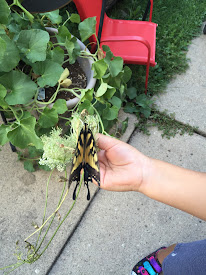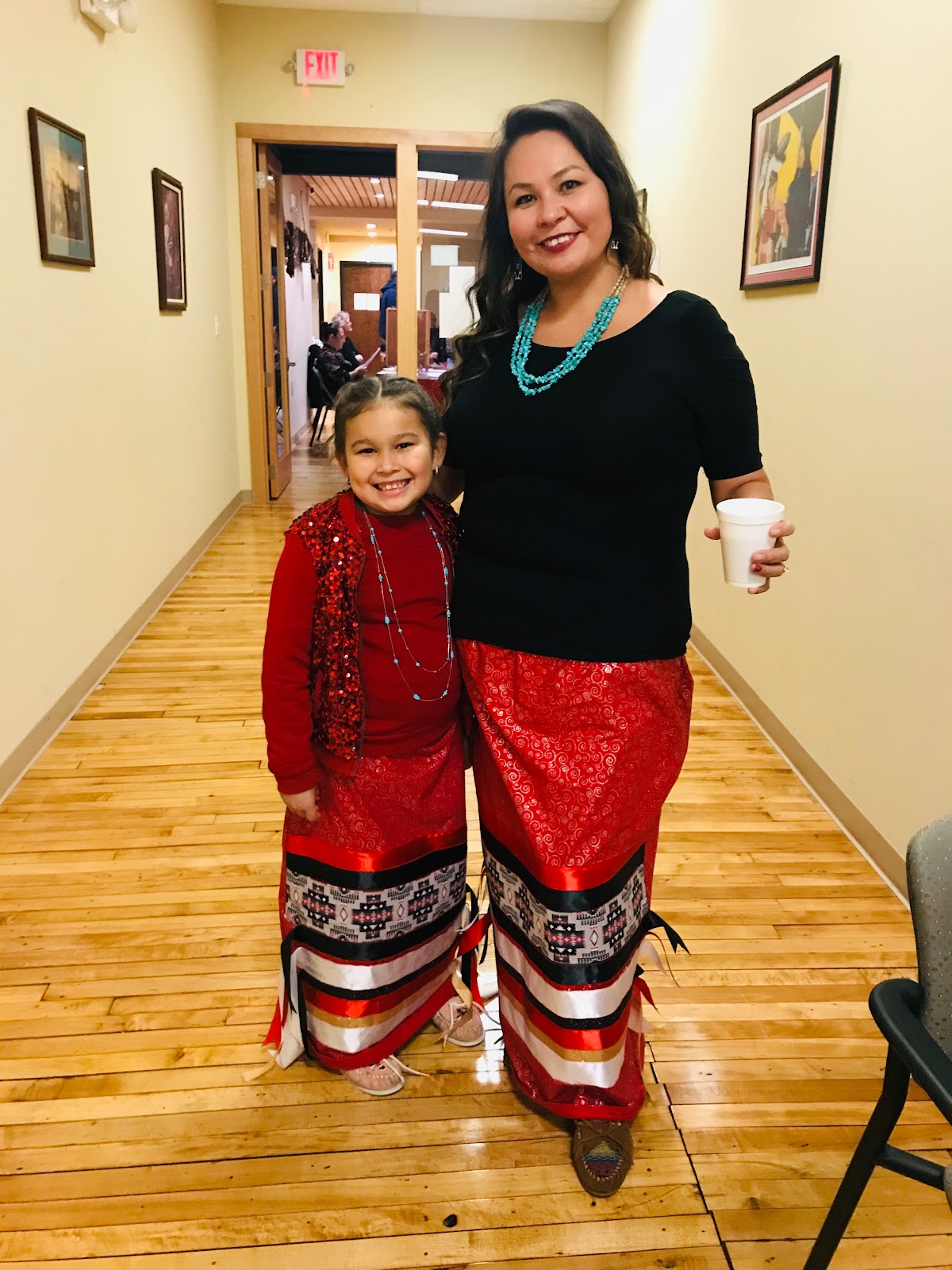Sustainable landscapes, rain barrels and composting
Looking over this weeks blog topics-I don't know about you but each one had something interesting about it. It was really tough at first to choose a specific topic and stick to the core rubrics. I was actually impressed by the magnitude of examples we could choose from. However, the playlist enclosed in our "Sustainable city/Neighborhood Design" had various topics covered in the Ted talk "Sustainability by design", I was able to watch multiple videos, multiple times because there was room to fill a huge void. Some were very interesting, some didn't peak my interest. But each one was informative in improving a greener environment.
I decided to cover the topics of sustainable gardening that covers rain gardens using native plants to WI, water barrels and composting.
Rain Garden
Sustainable landscaping is working with nature by keeping your garden beautiful. We want to be kind to the environment with sustainable landscaping care. When planning a rain garden there are multiple factors to consider like location, size and runoff water main location. A rain garden does have to be meticulously placed and planned out. A few simple changes like adding native plants to the landscape is great to support pollinators, birds and butterflies.
Rain Barrels
Rain barrels are used to collect rainwater run off from your roof and hopefully assisting in preventing the water entering the storm sewers decreasing the risk of flooding in the neighborhood. Rain barrels come in a variety of colors, sizes and there is some work that goes into installation. Some are designed to be hidden behind trees or shrubs. Or if you prefer your children can part take in a art project and decorate it for you. Rain water collected in these barrels should be used for non-edible plants according to the article https://www.epa.gov/soakuptherain/soak-rain-rain-barrels. Free water barrels in Milwaukee
MMSD "use" to offer free rain barrels, to owner occupied homes in the city of Milwaukee, once you attended a rain barrel workshop. If you want more information I have enclosed the link.
Composting
Composting is one of the most sustainable things we could do to improve our carbon foot print. Composting can be done a number of ways. Purchasing a composting barrel, or making your own in which will require a lot of work. We purchased a dual sided composting barrel and we were even creative enough to speed up the composting time process each time. I used lots of things from my kitchen scraps, bananas, coffee grounds, egg shells, potato skins, celery, watermelon rinds. The only thing I would avoid are citrus fruits and onions. Please, be advised you will need to purchase compost pellets, accelerator, charcoal the list goes on. But I did, save some time and used most of my kitchen waste, I blended up most of what I had in my ninja, recommended? Probably not, but once after 4 months that was the best batch of organic nutrient filled compost and the color of the dirt was so rich!
Majority of what I learned was from the Gerald L. Ignace Indian Health Center (GLIIHC) garden as a former employee we were required to dedicate a specific number of volunteer hours in the community. So, I chose the wellness garden, Lotus has since walked on and this article is outdated a bit but it reflects what the garden started out to be and to how it has evolved. The garden has our Native medicinal plants, ceremony area, yoga work out, community plant beds, teaches community member composting and I for one love gardening and sharing vegetables with my family and neighbors.
We also were involved in the Kinnickinnic River: Pulaski Park Transformation at the time we had the south side's largest rain garden, all plants, designs and rain barrels were free for us. We loved having that experience, there currently is a mural that was recently pained and my daughter and I were able to participate.
https://milwaukee.extension.wisc.edu/2015/07/20/native-wellness-garden-of-the-gerald-l-ignace-indian-health-center/
https://www.facebook.com/NativeWellnessGarden
https://gliihc.net/programs-services/hpdp-nwg/










Comments
Post a Comment